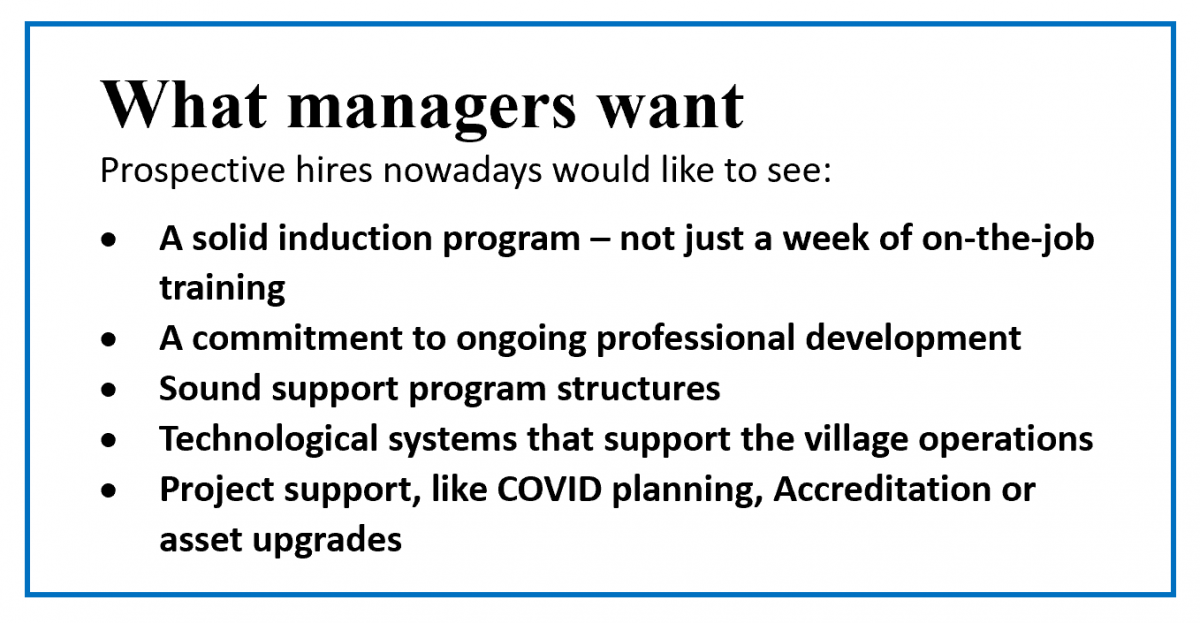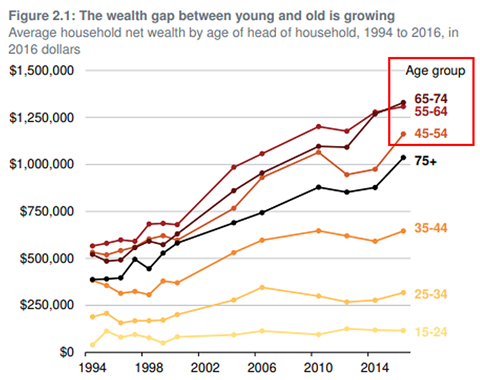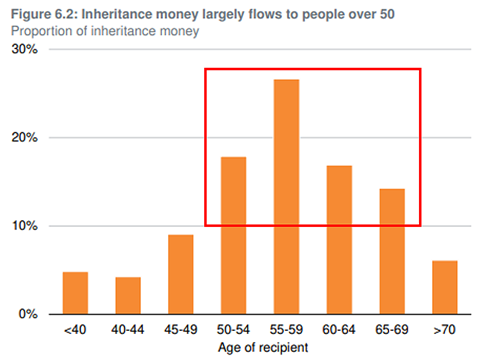NSW:
Asset management plans will continue to be the dominant regulatory issue for village operators with July set down as the start date of penalties for operators that fail to meet their AMP requirements.
As we have reported, the legislation – a by-product of the Greiner inquiry – requires operators to prepare and keep up-to-date a 10-year asset management plan for the village’s major items of capital (including items shared with other villages or aged care businesses) plus a three -year report for the maintenance of major items of capital to be made available to current and prospective residents.
Even larger operators are expected to be challenged to locate and record their villages’ assets within the required timeframe.
And while the NSW State election is not scheduled until March 2023, retirement village legislation is likely to be back on the political agenda by the end of the year after playing a key role in the Liberals’ campaign last time around.
Victoria:
Victorian operators will also face significant anxiety this year following the Victorian Government’s release of an Options Paper on the review of its Retirement Villages Act in November 2021.
As we covered here, the Retirement Living Council expressed concerns that many of the changes would lead to increased costs for residents and operators.
While Victoria already has mandated buybacks and the Aged Care Rule in place, operators have voiced worries about Victoria following NSW on AMPs and a potential requirements for village managers to be trained with an RTO-style certification, similar to a property manager.
The key issue however are the operational costs of this added compliance – such as renewing contracts and updating policies and procedures – and the time required for staff to manage compliance.
With a State election scheduled for November 2022, there may also be some ‘grand-standing’ by both the Liberals and Labor to attract the older vote as they look to secure office.
South Australia:
South Australian operators are also looking at a considerable increase in compliance and its associated costs following the SA Government’s tabling in Parliament of a report on the outcomes of the latest Review of the Retirement Villages Act.
The report contains 60 recommendations and the SA regulator has indicated around three-quarters of the measures are expected to be implemented in some form.
While exit entitlements are not a focus of the report, the recommendations will again lead to an increased level of compliance for operators, including around contracts and policies and procedures.
The State election is also set to be held around May 2022 – the same time as the Federal election – which could see the current Liberal Government look to implement greater consumer protections sooner rather than later in a push for votes.
Western Australia:
After releasing the fourth and final consultation paper in its village legislation reform process in mid-2021, West Australian operators will be waiting with trepidation for the release of Consumer Protection’s Decision Regulatory Impact Statement (DRIS) which will make recommendations to the State Government on the reform proposals.
Despite plans for 12-month buybacks being booted off the Minister’s table in December 2020, mandated buybacks remain the primary concern for village operators.
If the Government accepts the reforms, a draft Bill will need to be introduced into Parliament – meaning that any changes are not likely to come through until 2023.
However, the WA Government may choose to enact retrospective legislation, like Queensland did when it mandated buybacks with a six-month retrospective date.
Queensland:
Queensland operators are likely to face less turmoil this year with a review of its buyback regulations recently released and a State election not due until October 2024.
However, a new consumer website to feature village disclosure documents will mean operators will have to stay on the ball.


















